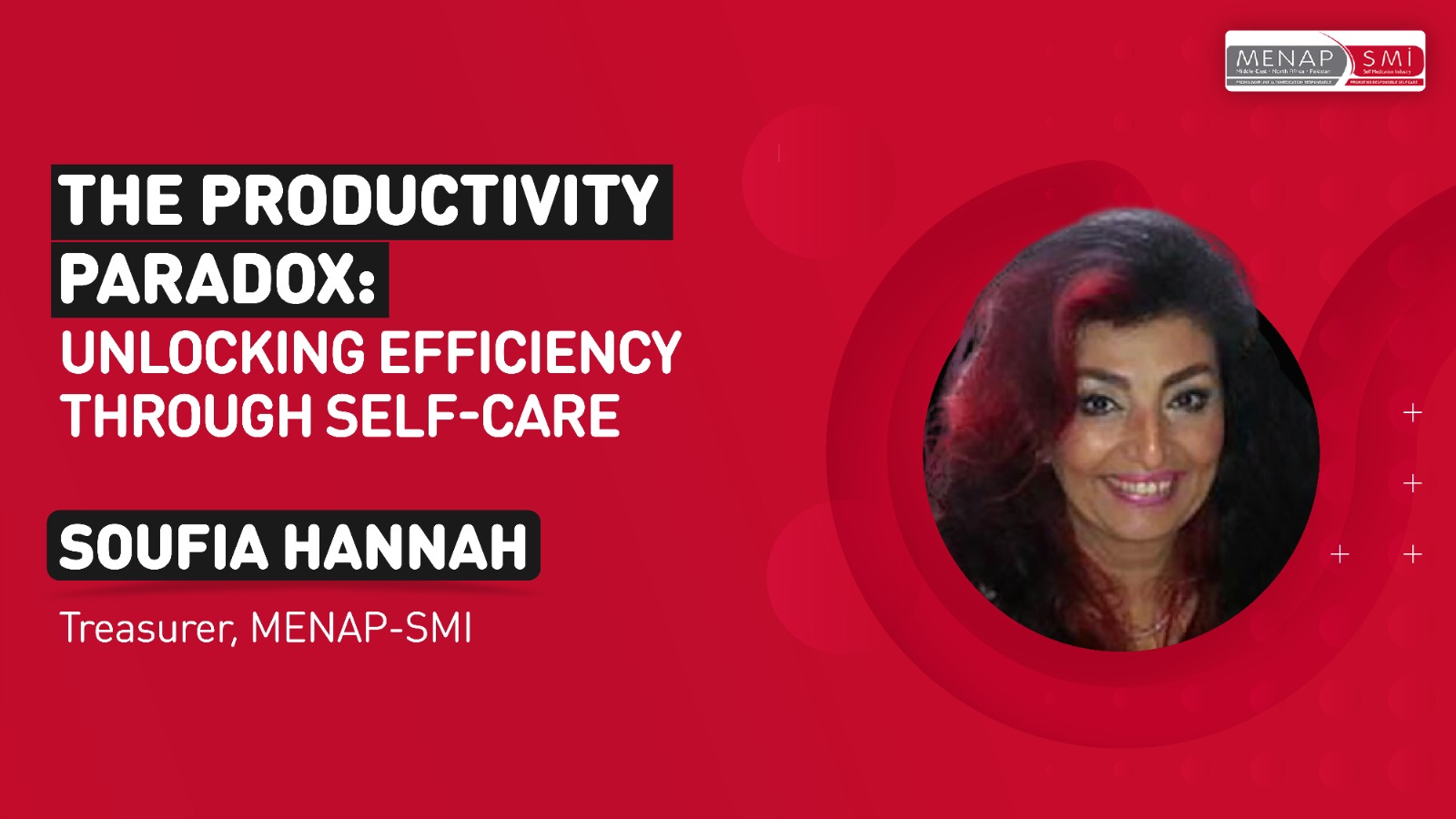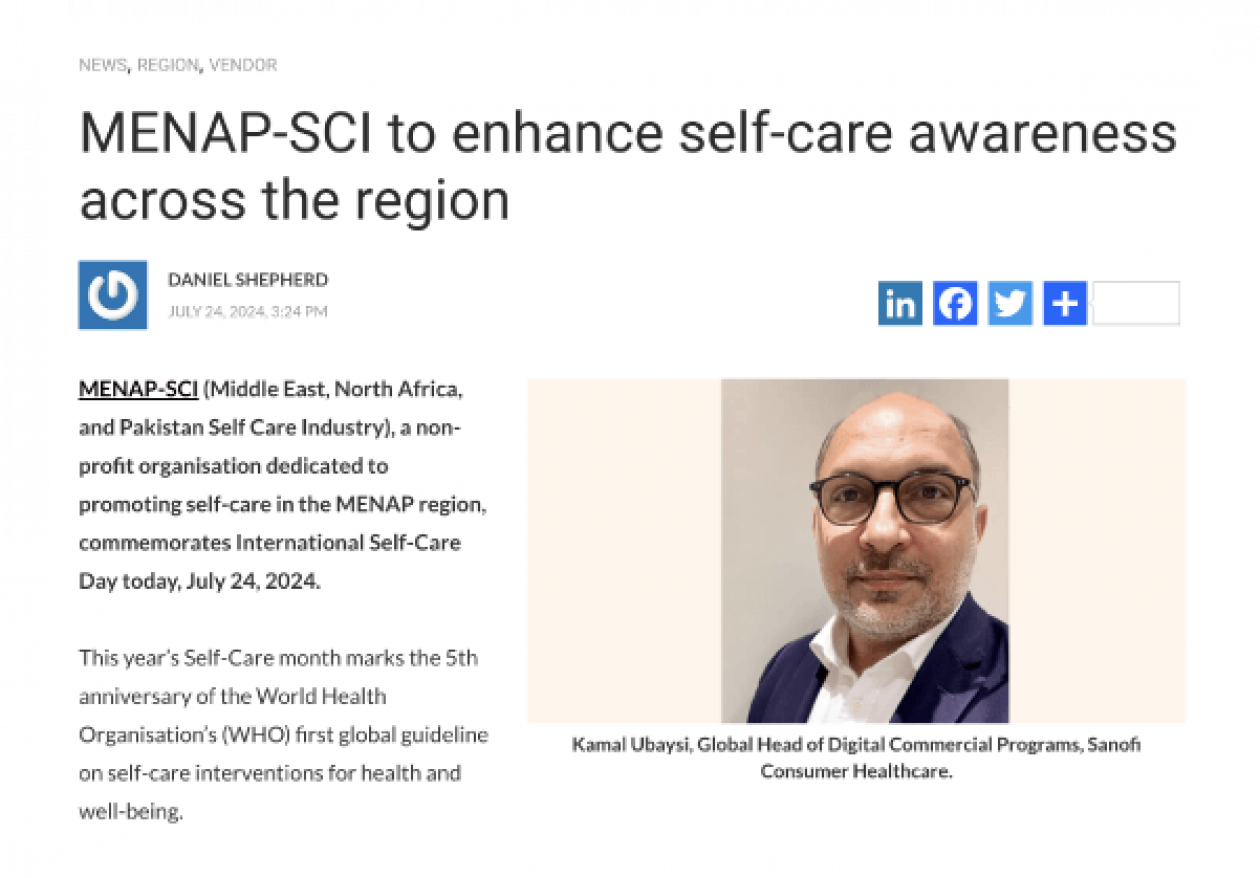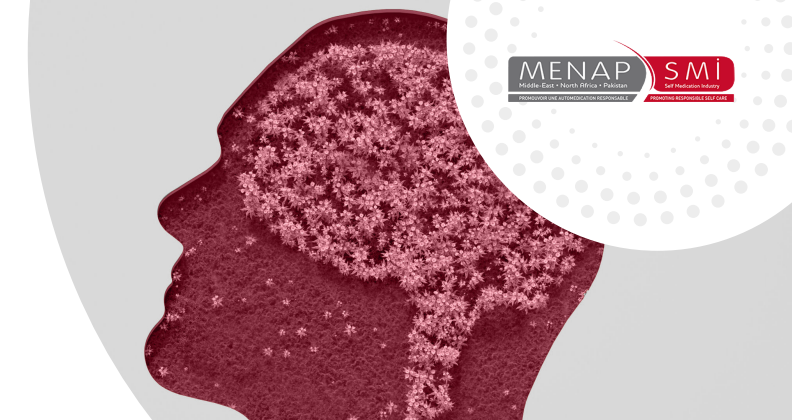
The Productivity Paradox: Unlocking Efficiency Through Self-Care
In our fast-moving society, productivity often takes center stage, overshadowing the equally vital need for self-care. But it’s imperative to understand that these two aspects — self-care and productivity — are not opposing forces; rather, they complement and strengthen each other. There is a prevalent misconception that prioritizing self-care is a form of laziness or that it detracts from our work. This could not be further from the truth.
Self-care and productivity are often viewed through a binary lens: one is either productive or indulging in self-care, but rarely both. This dichotomy leads to a culture where overwork is glorified and taking care of one’s mental and physical health is seen as secondary, if not outright unnecessary. The misconception stems from traditional work ethics that equate busyness with effectiveness and downtime with unproductiveness.
However, neglecting self-care in favor of constant productivity can lead to burnout, reduced efficiency, and a decline in overall well-being. In contrast, incorporating self-care into our daily lives can improve cognitive function, emotional resilience, and physical stamina, all of which contribute significantly to sustained productivity. By recognizing that self-care is not the opposite of productivity but rather its ally, we can start to dismantle the false beliefs that prevent us from taking care of our well-being.
Understanding the Connection between Self-care and Productivity
Self-care surpasses mere relaxation or periodic breaks; it encompasses an all-inclusive approach fostering mental, emotional, and physical health. This holistic nurturing not only mitigates stress and forestalls burnout but also bolsters our mental well-being, thereby elevating our productivity. When self-care takes a backseat, we become more vulnerable to stress, anxiety, and depression, which can significantly erode our focus, energy, and efficiency. Conversely, by valuing and practising self-care, we empower ourselves to meet daily challenges with enhanced efficacy.
Integrating Self-Care for Better Productivity
Implementing self-care need not be overwhelming. Small, consistent actions can lead to significant positive changes. Here are a few strategies to help integrate self-care into your routine:
- Set Clear Boundaries: Establish work-life boundaries to prevent burnout. This could mean turning off work notifications after a certain hour or dedicating specific times for breaks throughout the day.
- Prioritize Sleep: Never underestimate the power of a good night’s sleep. Adequate rest is essential for our brains to function optimally, improving concentration, memory, and problem-solving skills.
- Incorporate Physical Activity: Regular exercise is a powerful stress reliever. Even a short walk or a quick stretch session can boost your mood and energy levels, making you more productive.
- Practice Mindfulness: Engage in mindfulness practices such as meditation, deep breathing, or journaling. These activities help calm the mind, reduce stress, and improve emotional regulation, contributing to better decision-making and efficiency.
- Nurture Social Connections: Interacting with loved ones or colleagues can provide emotional support and reduce feelings of isolation, especially in remote working scenarios. Social interactions can also spark creativity and inspire new ideas.
- Pursue Hobbies: Engaging in activities you enjoy can improve your mental health and help you unwind. When you return to work tasks, you’ll likely feel more refreshed and motivated.
- Listen to Your Body: Pay attention to your body’s signals. If you’re feeling tired or overwhelmed, take a break. Recognizing and responding to your needs can prevent burnout and keep you functioning at your best.
The Role of Holistic Health in Work Outcomes
Building upon these practices, it’s important to note recent research by McKinsey, which underscores the significance of holistic health — encompassing physical, mental, social, and spiritual well-being — in enhancing work outcomes. They discovered that positive workplace elements like meaningful work and psychological safety significantly contribute to holistic health. Employees with robust holistic health are more likely to be innovative and exhibit superior work performance. Therefore, addressing negative workplace demands and fostering an environment that supports employee well-being can profoundly affect holistic health and, consequently, productivity.
Embracing Self-Care as a Path to Productivity
Remember, productivity is not about pushing yourself to the limit; it’s about optimizing your performance in a sustainable way. By integrating self-care into your daily routine, you not only enhance your well-being but also set the stage for increased productivity and success.
Let this be a gentle reminder that taking care of yourself is not selfish; it’s necessary. Start small, be consistent, and watch how self-care transforms not just your productivity, but your overall quality of life. Here’s to a healthier, happier, and more productive you!
Soufia Hannah
Treasurer,
MENAP-SMI







